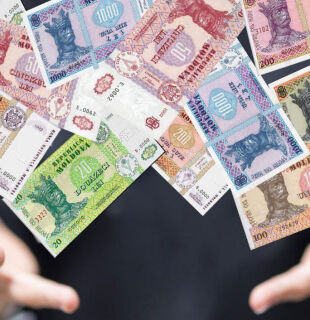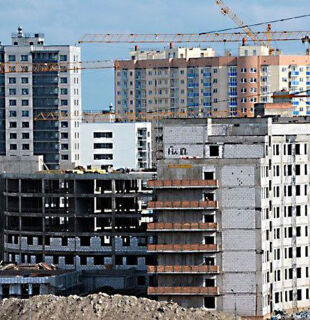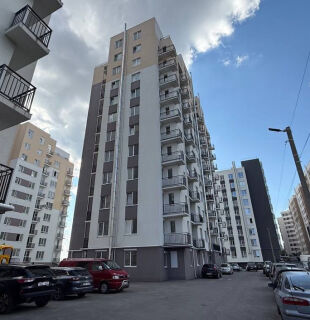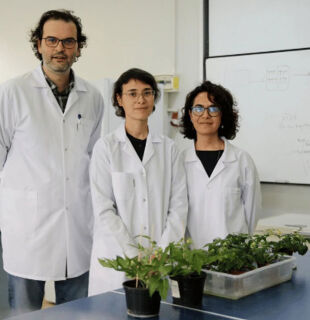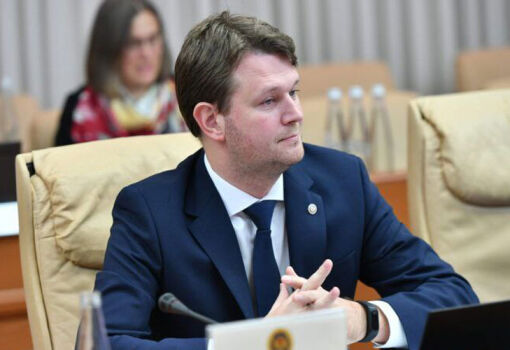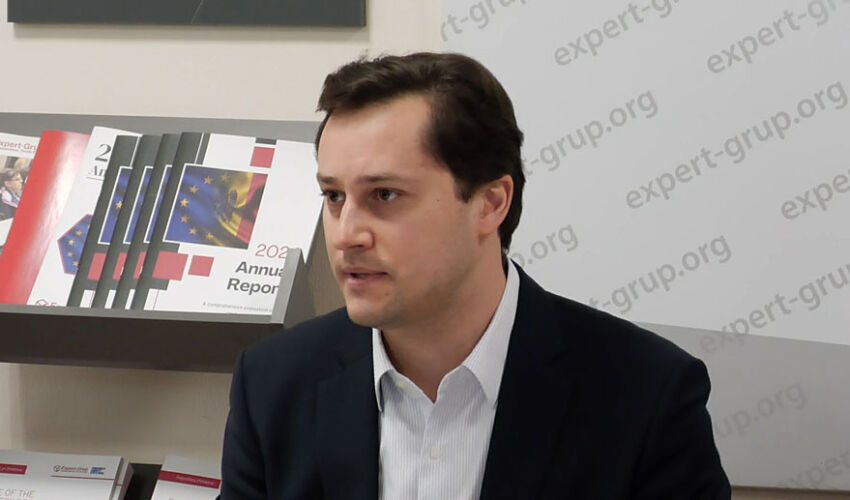
Adrian Lupushore
This is the conclusion reached by analysts of the NGO Expert-Grup, which on March 24 published its “Solutions to stimulate the economic growth of the Republic of Moldova”.
Last week, the National Bureau of Statistics reported that the country’s GDP in 2024 will grow by only 0.1%, which, in fact, indicates that Moldova has entered a recession. Moreover, the recession occurred in the second half of the year, which means that it is not excluded that the collapse of the economy will continue further.
And this despite the fact that according to the calculations of economic expert Veaceslav Ionita, over the last four years the republic has received 3.4 billion euros in the form of grants and loans. But these, Ionitsa concludes, did not lead to economic growth, but only increased dependence on external loans.
A large-scale economic aid in the form of loans and grants from the EU in the amount of 1.9 billion euros is on the way, with the first tranche of 300 million euros due in April. What should we do to make sure that this money does not go off the beaten track into the unknown?
Adrian Lupushor, Executive Director of Expert-Grup: “The decline in the potential of the Moldovan economy is due to three main factors: deteriorating demographic situation and emigration of able-bodied population; lack of public and private investments; weak public administration, which undermines the effectiveness of business support programs, as well as the management/appropriation of funds intended for investments by the state”.
According to Lupushore, to initiate successful reforms, “the government must be depoliticized.”
Expert-Grup analysts have compiled 10-page recommendations for the Moldovan authorities in five main areas:
- Increasing the effectiveness of state support for entrepreneurs by strengthening governance and clearly prioritizing investments in high value-added activities;
- Developing the capital market to enhance financial intermediation and stimulate investment;
- Reducing the trade deficit by supporting exporting companies, modernizing quality infrastructure, encouraging consumption of domestic products and strengthening market surveillance;
- Increasing the volume and efficiency of public investment;
- Enhancing labor mobility and skills.
Among the experts’ specific recommendations is to allocate more money to capitalize the Credit Guarantee Fund, the FACEM Fund and the “373” program. This measure would allow long-term loans at fixed interest rates, providing entrepreneurs with financial predictability and more favorable conditions for development.
The inability of enterprises to repay loans in a timely manner makes it impossible to obtain new loans and increases the risk of insolvency. It is therefore necessary to adjust the bankruptcy system to allow companies experiencing financial difficulties to continue their operations through appropriate restructuring procedures.
It is also suggested to consider the option of having only two business support institutions with clearly defined objectives and programs: agricultural subsidies and business environment support.
In order to develop the capital market, it is recommended to promote the creation of non-state pension and investment funds, as well as to diversify debt instruments in the form of bonds and shares. In addition, in order to support economic development and stimulate investment, it is necessary to revise the anti-money laundering legislation, preserving financial security measures but not creating additional barriers to access to finance.
Analysts suggest applying a single VAT rate in the agri-food chain and abandoning protectionist measures. As an example, they cite the abolition of the procedure of temporary licensing of imports of grains and oilseeds. This measure undermines the principles of free economy and strikes a blow to the country’s food industry. It has already led to the loss of exports of value-added products such as sunflower oil and alcohol in favor of raw material exports. In 2024 alone, sunflower oil exports have halved while imports have increased by 2.6 times. As a result, the country’s trade balance worsened by $168 million in 2024 due to foreign trade in oil alone.
Expert-Grup’s “Solutions” emphasize the need to ensure “reasonable proportionality” between the country’s security interests and the interests of attracting foreign investors. The use of the Council for the Promotion of Investment Projects of State Importance as a tool for countering potential security threats or protecting the information space is questionable, to say the least, especially if we take into account the limited evidence cited by this structure to justify its own decisions. At the same time, Law No. 174/2021 on the mechanism of verification of investments of state security significance may serve as a tool to deter investments in certain situations, experts believe.
They also call for a better elaboration of projects for capital investments. SI RPIC data show that as of December 30, 2024, central-level capital investment projects worth more than LE 4 billion were incomplete and under review.
And also refrain from programs that challenge the overall framework and increase the risk of inefficient and selective use of public funds (e.g. Good Roads or European Village).
A separate recommendation is to optimize customs formalities. The document notes that customs clearance processes are a serious obstacle that significantly limits the connection with EU markets, the competitiveness of domestic goods, as well as the prices paid by consumers in the Republic of Moldova for imported products. According to the Logistics Performance Index (LPI) for 2023, calculated by the World Bank, the efficiency of the customs service and the quality of infrastructure in Moldova scored 1.9 out of 5 possible points.
The Center’s recommendations also include a proposal to establish a Development Bank in Moldova. The Administrative Council of such a financial institution should include experienced financiers, who should represent not only the state, but also external development partners.
The document will be submitted to the Moldovan government.
